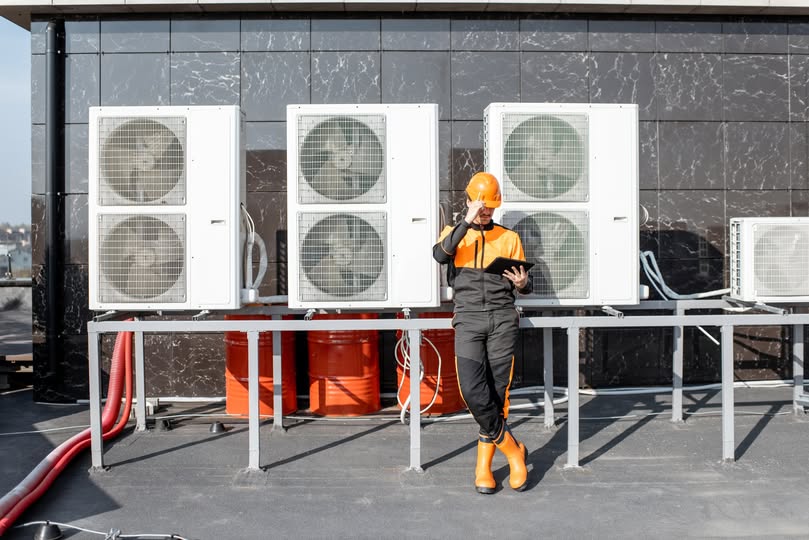Condominium living combines the benefits of homeownership with the convenience and simplicity of apartment-style living. However, managing the comfort levels in a condominium can present unique challenges, particularly when it comes to heating and cooling systems. We’ll delve into the essentials of condo heating and cooling, helping you to ensure a comfortable living environment all year round.
Understanding Condo Heating and Cooling Systems:
The heating and cooling systems in condominiums often differ from those found in single-family homes. In many condos, especially in high-rises, the heating, and cooling are centrally controlled, with individual units connected to a building-wide system. Some common types of systems found in condos include heat pumps, fan coil units, or a combination of both.
It's important to understand the specifics of your condo’s heating and cooling system so you can efficiently manage your living space's temperature and air quality. If you're unsure, it’s always a good idea to consult with your condo management or a HVAC professional.
The Importance of Properly Managed Systems:
Comfort: The primary role of any heating and cooling system is to provide comfort. A well-maintained system ensures that your condo remains cozy during winter and cool and fresh during summer.
Energy Efficiency: Efficient heating and cooling systems can lead to significant energy savings. By properly managing your system, you can contribute to a greener planet and potentially reduce your energy bills.
Health: A well-functioning HVAC system helps maintain good indoor air quality, reducing the risk of health problems related to poor ventilation, such as allergies or respiratory conditions.
Finding the Right HVAC Professional:
Given the specific nature of condominium heating and cooling systems, it's crucial to find an HVAC professional with experience in condo settings. Whether you're dealing with routine maintenance, system upgrades, or particular issues, a knowledgeable professional can ensure the job is done correctly.
While condominium heating and cooling systems can seem complicated, understanding the basics can go a long way in ensuring a comfortable and healthy living environment. Proper maintenance and timely repairs, coupled with professional advice when needed, can help you get the most out of your system. Remember, your condo is your sanctuary, and a well-managed heating and cooling system plays a significant role in making it feel like home.



